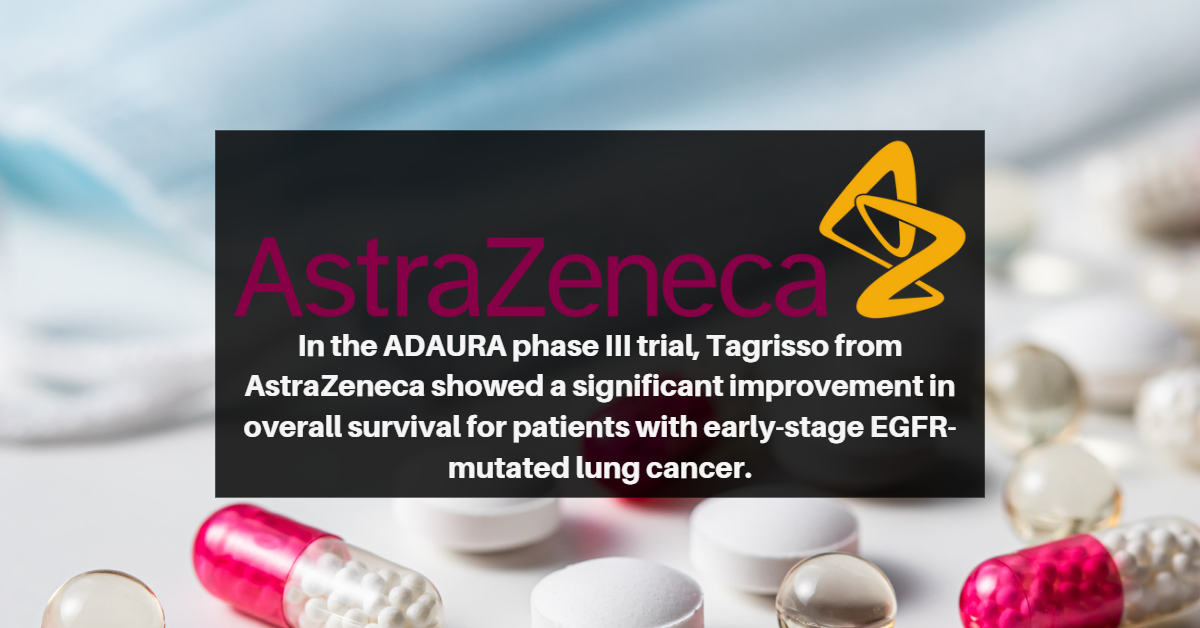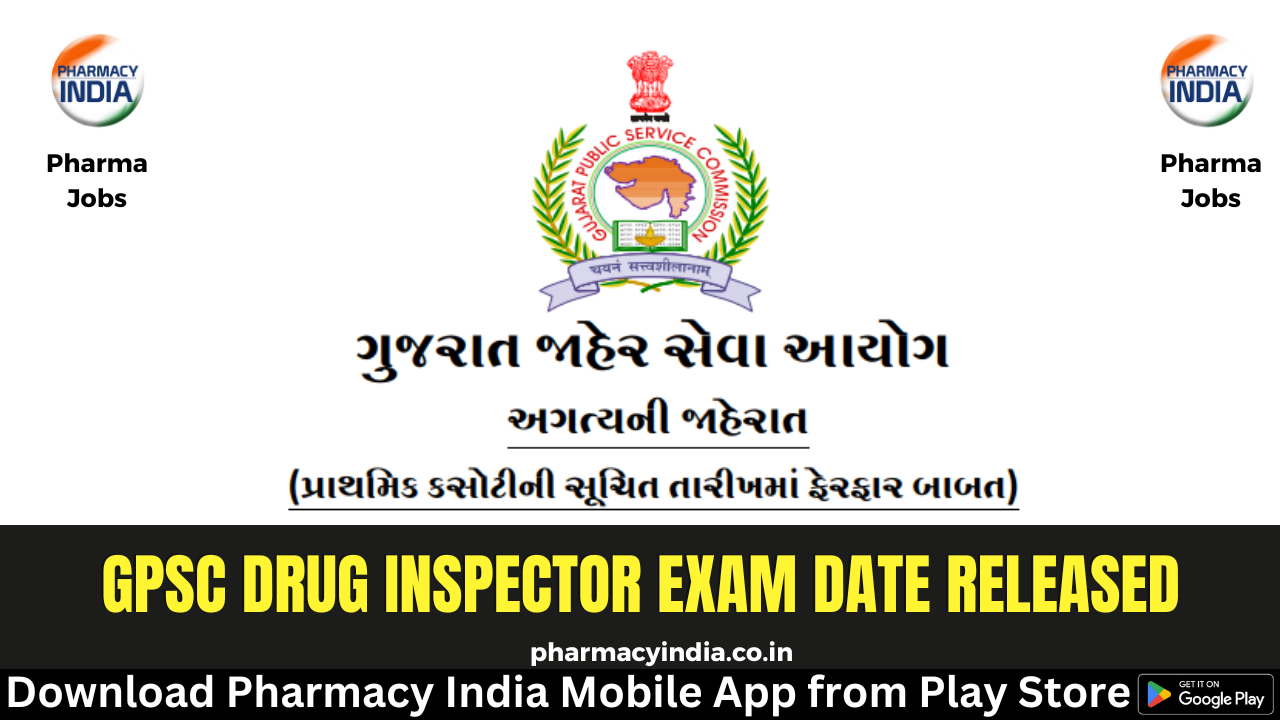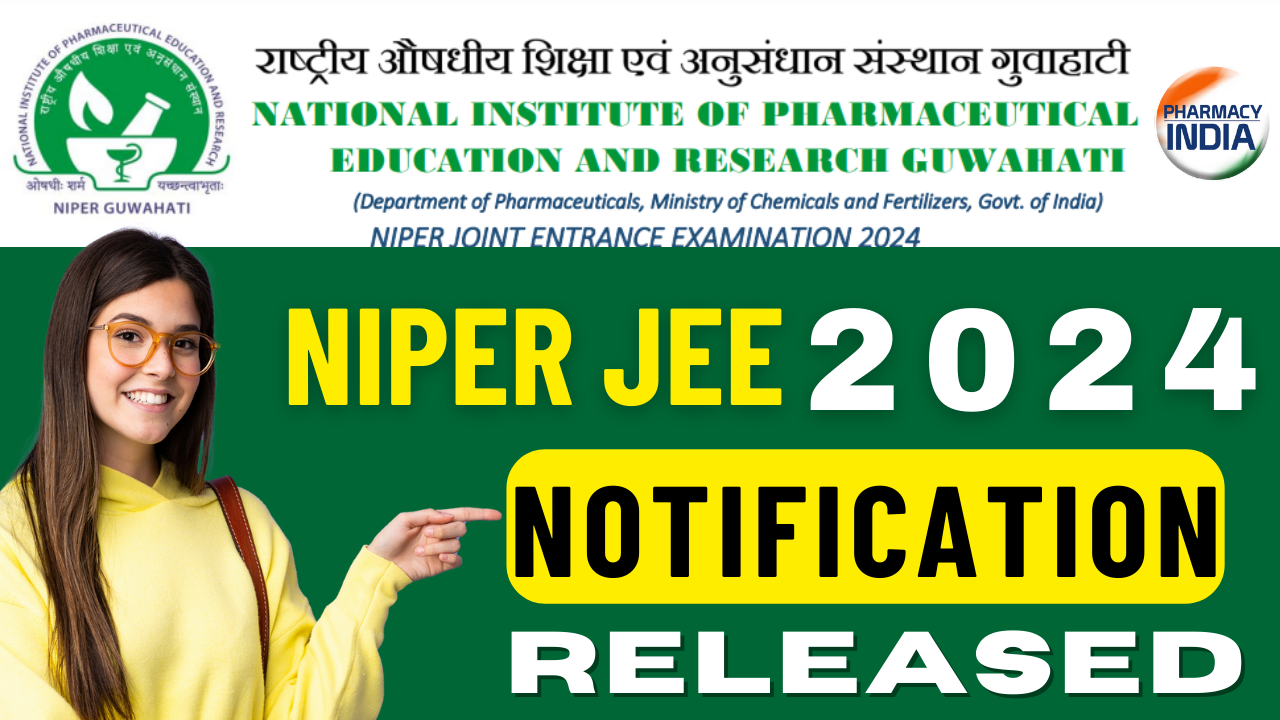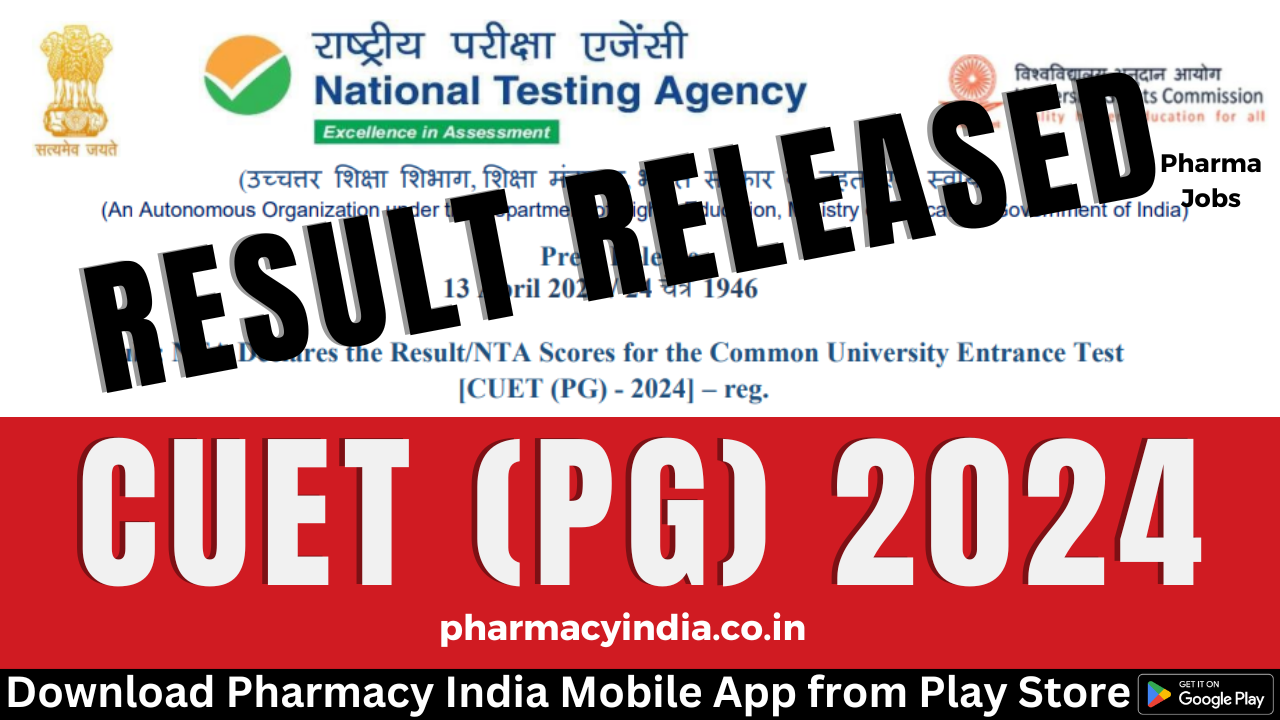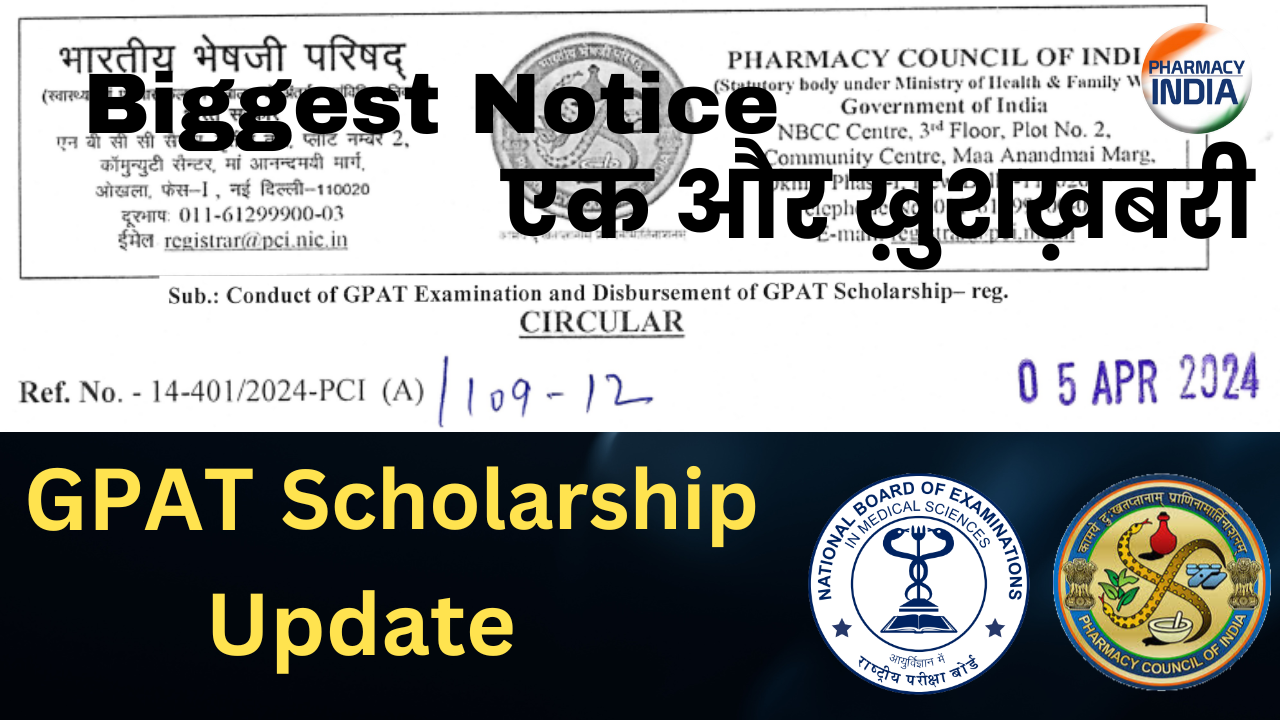Statistically significant and clinically meaningful improvements in overall survival (OS), a crucial secondary endpoint, were seen with AstraZeneca’s Tagrisso (osimertinib) compared to placebo in the adjuvant treatment of patients with early-stage (IB, II, and IIIA) epidermal growth factor receptor-mutated (EGFRm) non-small cell lung cancer (NSCLC), following complete tumour resection with curative intent. AstraZeneca reported that Tagrisso had improved disease-free survival (DFS) in this situation by a statistically significant and clinically meaningful amount in May 2020. Updated findings from September 2022 showed a median DFS of about five and a half years.
According to the ADAURA trial design, participants on placebo who experienced a recurrence of their metastatic disease might receive open-label Tagrisso. “These new survival data for osimertinib reinforce the unprecedented ADAURA disease-free survival results and confirm its potential to extend patients’ lives in early-stage disease,” said Roy S. Herbst, MD, PhD, deputy director and chief of medical oncology at Yale Cancer Center and Smilow Cancer Hospital, New Haven, Connecticut. Osimertinib represents the best treatment choice for patients with early-stage, EGFR-mutated non-small cell lung cancer who traditionally faced high rates of recurrence and previously lacked targeted options after surgery, according to the ADAURA data.
The ADAURA trial gave patients with early-stage EGFR-mutated non-small cell lung cancer the first targeted treatment, according to Susan Galbraith, executive vice president, oncology R&D, at AstraZeneca. Our encouraging overall survival findings today confirm adjuvant Tagrisso as the gold standard of therapy in this situation and emphasise the significance of early detection and EGFR mutation testing in lung cancer. No new adverse issues were noted, and Tagrisso’s safety and tolerability in the ADAURA study were consistent with its known profile.
The extensive body of evidence supporting Tagrisso in EGFRm NSCLC now includes these new ADAURA OS results in the early-stage resectable setting. Tagrisso has now demonstrated a statistically significant and clinically meaningful OS benefit in both the early adjuvant and late-stage metastatic settings. The information will be presented at a future medical conference.
According to estimates, 2.2 million people worldwide receive a lung cancer diagnosis each year, with NSCLC, the most prevalent kind, accounting for 80–85% of cases. A quarter to a third of the NSCLC patients have an early enough diagnosis to qualify for curative surgery. Furthermore, patients with Stage IB disease had a survival rate of 73%, compared to 56-65% for patients with Stage II cancer. This drops to 41% for Stage IIIA patients and 24% for Stage IIIB patients, indicating a significant unmet medical need.
AstraZeneca is studying Tagrisso in a number of active registrational lung cancer studies, including neoadjuvant resectable settings (NeoADAURA), Stage IA2-IA3 adjuvant resectable settings (ADAURA2), and Stage III locally advanced unresectable settings (ADAURA3) (LAURA). More than 90 nations, including the US, EU, China, and Japan, have approved Tagrisso for the treatment of early-stage lung cancer, and other global regulatory reviews are in progress. In the US, EU, China, Japan, and many other nations, Tagrisso is also authorised for the first-line therapy of patients with locally advanced or metastatic EGFRm NSCLC as well as for the treatment of locally advanced or metastatic EGFR T790M mutation-positive NSCLC.
For patients with lung cancer, AstraZeneca has a wide range of approved and prospective novel medications under research. The Company has also released good results from the AEGEAN phase III trial of Imfinzi (durvalumab) in combination with neoadjuvant chemotherapy before surgery and as adjuvant monotherapy after surgery in Stage IIA-IIIB resectable NSCLC in addition to these outcomes today. Around one-fifth of all cancer fatalities are caused by lung cancer, which is the most common malignancy among both men and women. NSCLC and small cell lung cancer are the two main subtypes of lung cancer. About 25–30% of individuals with NSCLC have resectable disease when they are diagnosed, although the majority of patients have advanced disease. Diagnostic tests for unrelated conditions are frequently the only way to find early-stage lung cancer.
The majority of individuals with resectable tumours eventually experience recurrence even after receiving adjuvant treatment and complete tumour resection. Around 10-15% of NSCLC patients in the US, Europe, and Asia have EGFRm NSCLC, compared to 30–40% of patients in Asia. An EGFR-tyrosine kinase inhibitor (EGFR-TKI), which blocks the cell-signaling pathways that fuel the growth of tumour cells, is an effective therapy option for these patients. After complete tumour excision and, at the doctors’ and patients’ decision, adjuvant chemotherapy, the ADAURA study treated 682 patients with Stage IB, II, or IIIA EGFRm NSCLC as an adjuvant therapy. Patients received treatment with once-daily oral tablets of Tagrisso 80 mg for three years or until the disease returned.
More than 200 centres in more than 20 countries, including the US, Europe, South America, Asia, and the Middle East, were enrolled in the experiment. Key secondary objectives included DFS in Stage IB, II, and IIIA patients as well as OS in both the primary and overall populations. The primary outcome was DFS in Stage II and IIIA patients. A suggestion from an Independent Data Monitoring Committee (IDMC) based on its conclusion of overwhelming efficacy caused data from the trial to be published early, even though the primary data readout was initially planned for 2022.
A third-generation, irreversible EGFR-TKI with demonstrated clinical effectiveness in NSCLC, especially against central nervous system metastases, is Tagrisso (osimertinib). AstraZeneca continues to investigate Tagrisso as a treatment for individuals with EGFRm NSCLC who are in various stages of the disease. Tagrisso (40 mg and 80 mg once-daily oral tablets) has been used to treat nearly 700,000 patients across its indications globally. AstraZeneca is examining Tagrisso in patients with early-stage illness as well as locally progressed and metastatic EGFRm NSCLC when combined with chemotherapy (FLAURA2). The SAFFRON phase III trial, the SAVANNAH and ORCHARD phase II trials, and the SAFFRON phase III trial, which test Tagrisso given concurrently with savolitinib, an oral, potent, and highly selective MET TKI, as well as other potential new medications, are all ways that the company is investigating ways to address tumour mechanisms of resistance.


